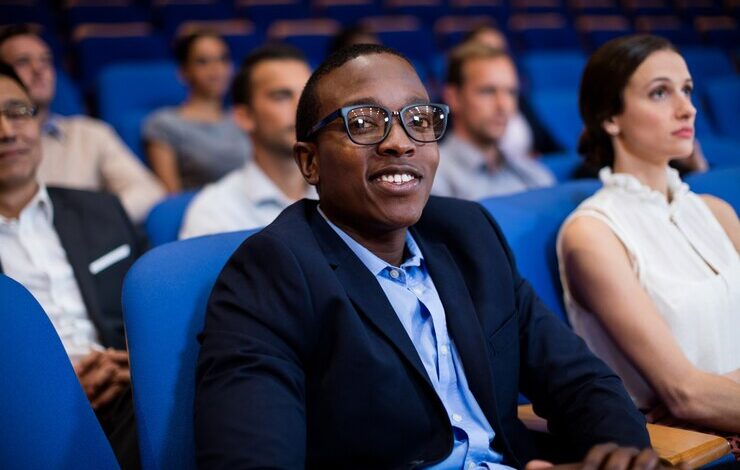Fighting Corruption in Youth-Led Groups: A Multi-Pronged Approach for Transparency and Accountability

Fighting corruption within youth-led groups requires a multi-pronged approach that builds on transparency, accountability, and a strong ethical foundation. This means that transparent governance, clear codes of conduct, robust accountability mechanisms, ethical leadership, and continuous education must be implemented to curb corruption effectively.
This emerged at a review workshop for youth anti-corruption committees in business, sports, and churches, held by the Directorate on Corruption and Economic Offences (DCEO) in Maseru on Wednesday. The workshop aimed to assess the progress of youth-led anti-corruption initiatives and explore strategies to strengthen their impact.
Speaking on behalf of the Director General of the anti-corruption agency, Mr. Lekhotla Sedia emphasized the importance of education and collaboration with various stakeholders to achieve the desired vision of fighting corruption. He noted that youth organizations play a crucial role in shaping a corruption-free society and must lead by example in promoting integrity.
Among the key discussions was the need for clear codes of conduct to guide youth groups in ethical decision-making. Participants stressed that transparency in operations, financial accountability, and effective governance structures are essential in preventing corrupt practices within organizations.
The workshop also highlighted the significance of ethical leadership in ensuring that youth-led groups remain corruption-free. Leaders must demonstrate integrity, fairness, and responsibility in their actions to inspire trust and confidence among members.
Additionally, continuous education and awareness campaigns were identified as crucial in equipping young people with knowledge about the dangers of corruption and how to combat it. By fostering a culture of integrity from an early stage, youth-led groups can serve as role models in the broader fight against corruption.
The DCEO reaffirmed its commitment to supporting youth anti-corruption initiatives through training programs, resource provision, and strategic partnerships. Moving forward, stakeholders agreed that strengthening collaboration between government, civil society, and youth organizations will be key to achieving sustainable progress in the fight against corruption.
Ultimately, a corruption-free society begins with a well-informed and ethically grounded youth. By implementing transparent governance, strong accountability mechanisms, and continuous education, youth-led groups can play a pivotal role in fostering integrity and upholding ethical standards across various sectors.




